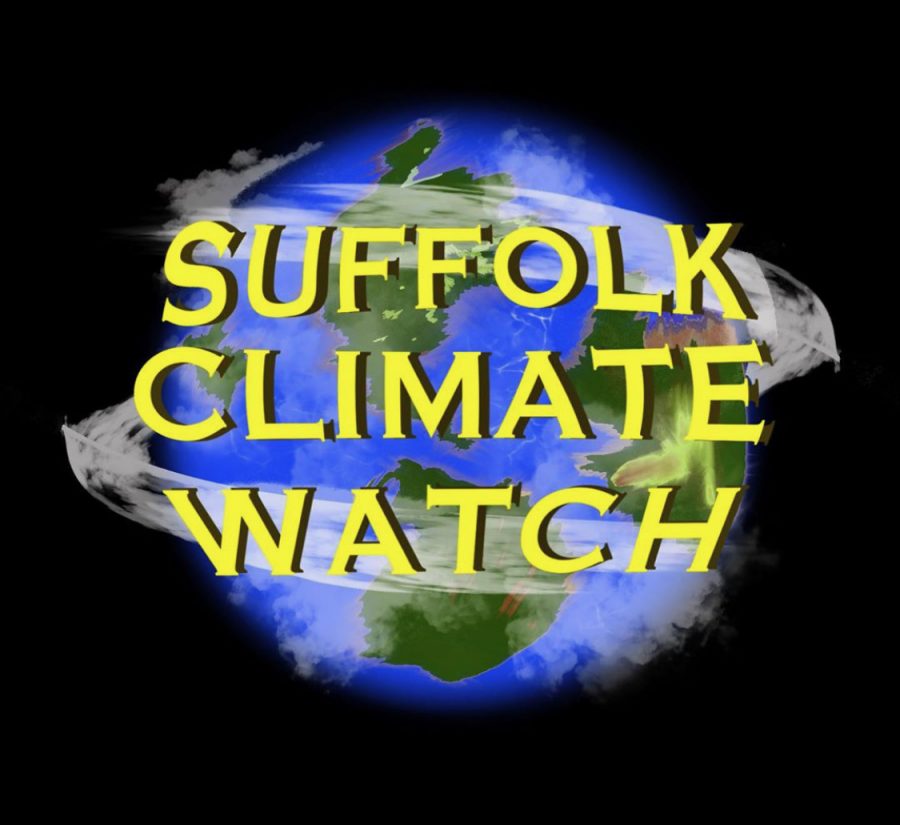A warming climate is said to be contributing to the recent suffering of marine mammals contracting a deadly virus. It is documented to be sweeping the northern Pacific Ocean, according to NBC News.
Scientists have been scratching their heads with data showing the correlation between mammal deaths and a virus known as phocine distemper virus (PDV). National Geographic states that seals have especially fallen victim to this disease and have lost large numbers because of it.
PDV was detected for the first time in northern Europe in 1988. At this time, reportedly 18,000 seals died. In 2002 an identical outbreak in the northern Pacific occured killing thousands of harbor seals, National Geographic reported.
Science Daily says that now, 15 years later, studies have shown this specific virus has grown to affect sea otters, seals and sea lions. The Scientific Reports Journal has focused on the reshaping of sea ice that may have opened passages of contact between subArctic and Arctic seals.
“As animals move and come in contact with other species, they carry opportunities to introduce and transmit new infectious disease, with potentially devastating impacts,” said Tracey Goldstein, associate director of the One Health Institute.
Peaks of widespread infection in the Pacific were seen in 2003 and 2009. There were also reductions in Arctic sea ice extent. As a result, this motioned for these mammals to move to new areas where there was originally, no trace of the virus, according to Science Daily.
The more ice that melts, the easier it will be for this virus and others to have contact with one another. North Atlantic and North Pacific mammals will therefore, be more apt to intervene and scatter the virus.
Earth’s warming climate is now creating many problems for marine life. The fast-paced melting of ice and warming temperatures are contributing to the deaths of species that depend on cold climates. New regions are being negatively impacted which has the potential to affect the future of all sea life.












